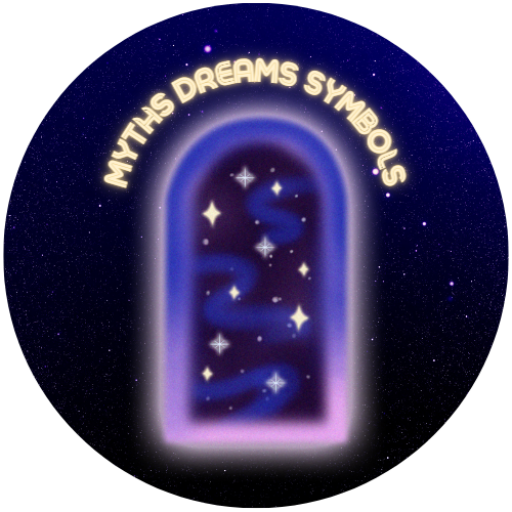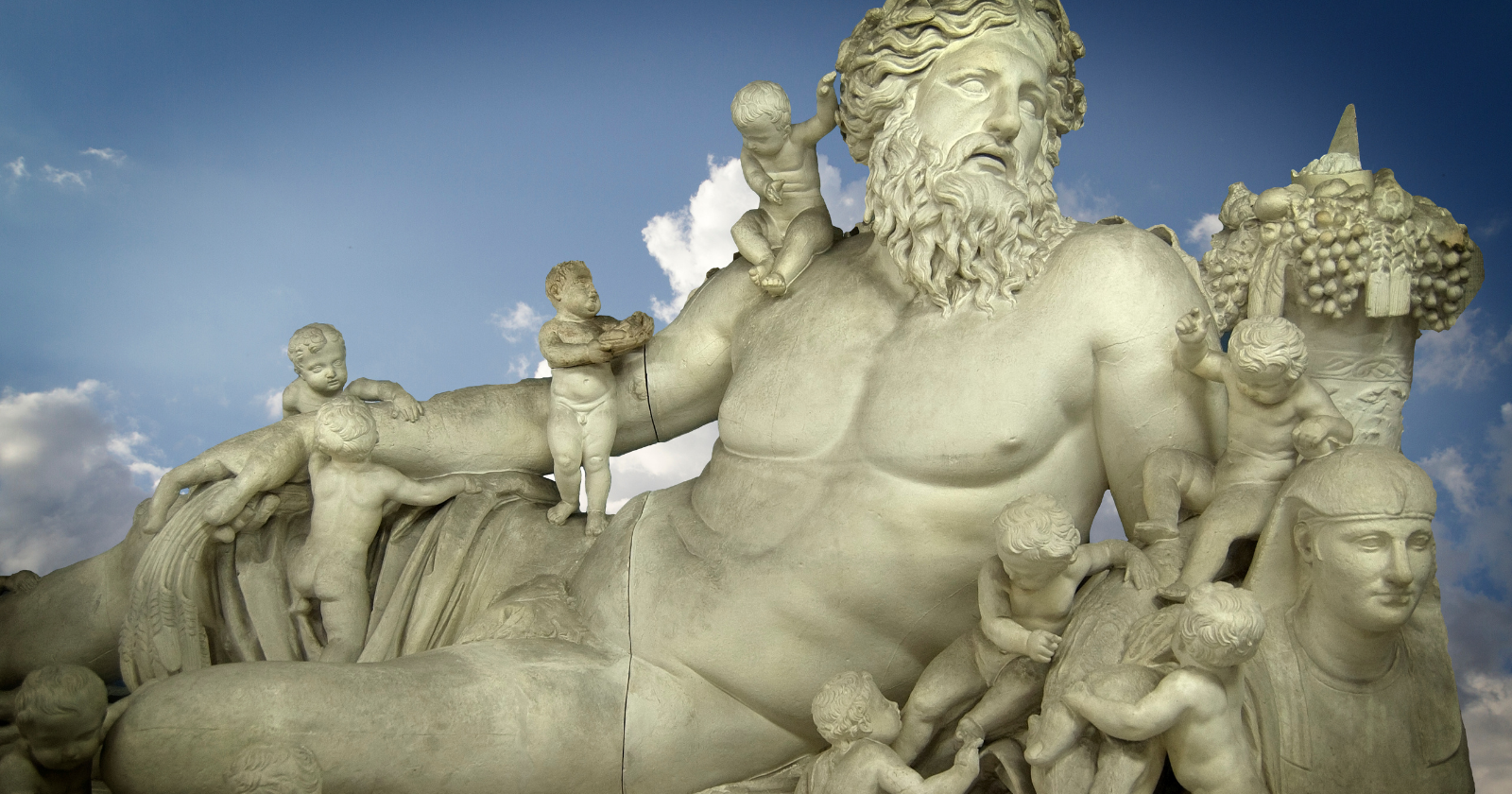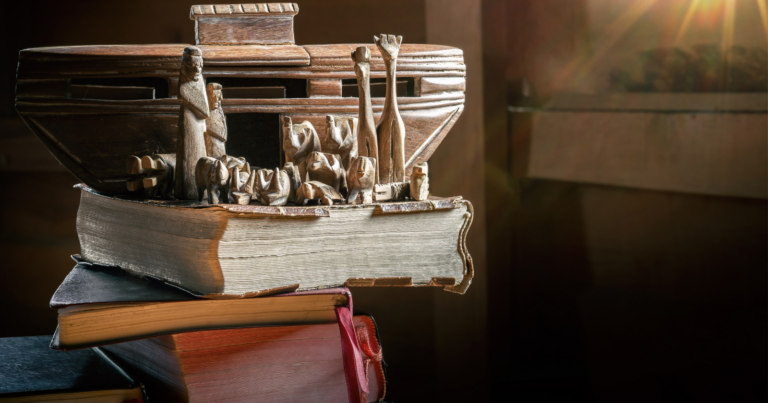In the labyrinth of human understanding, where literal interpretations falter, myth and metaphor stand as beacons of insight, guiding us through the mysteries that defy conventional explanation.
This is especially true in discussions about the divine, a realm where language stretches to its limits, seeking to articulate that which is beyond words.
Drawing on the profound dialogue between Bill Moyers and Joseph Campbell in “The Power of Myth,” we delve into the essence of myth and its role in interpreting the divine and our place within the universe.
The Edge of Experience
Visionaries, leaders, and heroes often find themselves on the brink of what society deems normal, venturing into the “dark forest” of original experience.
Here, without society’s interpretive guide, they encounter life raw and unfiltered, tasked with forging their own understandings.
This journey requires immense courage, for it involves facing the trials of life without a predetermined map, ultimately bringing new possibilities into the realm of shared experience.
Beyond Literalism
Campbell eloquently dissects the challenge of interpreting religious metaphors literally, using the example of Jesus’s ascension.
He argues that to confine such narratives to physical reality is to miss their true significance. These stories aren’t about physical journeys but rather about inward ones, guiding us to the source of all being within ourselves.
The metaphors used in religious traditions point to a transcendent truth, one that exists beyond the tangible and into the realm of pure consciousness.
The Poetry of Reality
The conversation shifts to the poetic nature of myth and its capacity to convey unseen realities. Here, myth acts as a mirror to nature, reflecting not the external world but our inner landscapes.
When we misunderstand myth as literal rather than symbolic, we miss the invitation to explore the deeper dimensions of our being and the universe.
The Symphony of Life
Campbell and Moyers touch upon the idea that our lives, with all their apparent randomness, might be part of a grand, coherent story, akin to a dream composed by the subconscious.
This perspective suggests that every encounter and event is interconnected, contributing to the unfolding of a universal narrative that is both deeply personal and cosmically significant.
Following Your Bliss
At the heart of Campbell’s philosophy is the imperative to follow one’s bliss. This pursuit is not about hedonism but about aligning with the core of one’s being, where joy, meaning, and purpose reside.
It’s in this alignment that one finds the strength to navigate life’s challenges and the clarity to see the beauty in all things, transforming the ordinary into the extraordinary.
Conclusion: Myth as a Gateway
Through the lens of “The Power of Myth,” we’re reminded that myths are not outdated tales but vital narratives that continue to offer guidance, wisdom, and insight.
They challenge us to look beyond the surface, to find the divine not in a distant heaven but here and now, within the fabric of our daily lives.
In embracing myth and metaphor, we open ourselves to the endless possibilities of understanding and connection, discovering the eternal Eden that surrounds us and resides within us.










